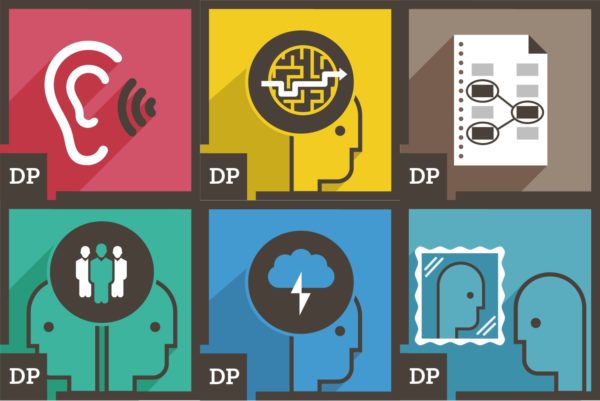New partnerships and pioneers are giving Digital Promise’s badging movement a new push
Educators are, by definition, continuous learners. They spend their careers striving to become better practitioners, whether through formal professional development activities like workshops and in-service days, or informal engagements like Twitter chats, EdCamps, and virtual coaching and communities. In fact, research conducted by Digital Promise and Grunwald suggests that educators often pursue these learning activities to satiate their own love of learning and desire to better serve their students.
While we know educators are always learning, our systems for recognizing that learning have not quite caught up. Professional development structures typically recognize educators for the time they spend learning in formal activities and rarely acknowledge informal learning. Similarly, these structures often do not focus on competency (whether an educator can apply their learning in their classrooms), which is an important step toward understanding the impact of each learning activity.
Digital Badges, also known as micro-credentials, present one tool to address these imbalances. Micro-credentials provide individuals with portable, shareable badges that recognize the learning activities they participate in or the skills they have developed. As a result, they can both highlight the wide variety of learning activities educators engage in and facilitate the shift to competency-based learning for educators.
Over the past two years, Digital Promise has been building an ecosystem of micro-credentials to provide competency-based recognition for the skills educators develop throughout their careers in both formal and informal contexts. Supported by the Open Badge Standard (developed by Mozilla) and digital badging technology, these micro-credentials provide educators with concrete validation of their learning that can be used as a type of currency in professional learning.
To earn a micro-credential, an educator can select either a single micro-credential or a stack that is aligned with his or her interests or students’ needs, collect the required evidence to demonstrate competency, and submit it online for assessment. For example, if an educator wants to earn a micro-credential in Wait Time—asking a question and then waiting 5-8 seconds before following up—she would select that micro-credential, access any resources or further information she needs to develop that skill, and submit a video of herself demonstrating wait time during instruction, as well as some context and a reflection, via the micro-credential platform. An assessor will download the video, and evaluate it through the publicly available rubric. If successful, he or she will earn the micro-credential in the form of a shareable digital badge. Micro-credentials can be posted on social media, shared with administrators or colleagues, or published on profiles and resumes.
Thus far, Digital Promise has partnered with more than 15 organizations with specific content or pedagogical expertise to develop and publish more than 120 micro-credentials on a variety of topics, such as deeper learning, teacher leadership, and data literacy. Micro-credentials are currently available from organizations like the Center for Teaching Quality, Relay Graduate School of Education, and the Friday Institute at North Carolina State University. This ecosystem is constantly growing to meet the needs of educators across the sector, from new classroom teachers who need support with classroom management to experienced administrators looking to grow their skills with coaching and observations.
While micro-credentials are a new and emerging idea in professional learning, some schools and districts are already experimenting with them and finding success. Kettle Moraine School District in Wisconsin has been implementing micro-credentials for the past year to ensure its educators are receiving the personalized learning opportunities and recognition they need to be successful. To sweeten the deal, the district provides educators with an increase in their base pay for every micro-credential they earn. Teachers are now motivated to learn more, and the district has seen greater collaboration and collegiality within schools. (Micro-credentials were part of the work that earned Superintendent Pat Deklotz recent recognition as Wisconsin’s 2016 Superintendent of the Year.)
Financial incentives are not the only way schools and districts are encouraging educators to participate in micro-credentials. A middle school outside San Diego has chosen to incorporate micro-credentials into its weekly Professional Learning Community (PLC) meetings. Educators can select a micro-credential that meets the goals of their PLC and support each other as they embark on learning a new skill and collecting the necessary evidence. And the Houston Independent School District is working with the University of San Diego to develop micro-credentials aligned with their new “Global Graduates” priorities to provide educators with competency-based opportunities to grow their skills.
To make our national focus on competency-based, personalized learning a reality, we must also make this type of learning integral part of every educator’s career. Micro-credentials offer a tool to do just that.
- TC- What student choice and agency actually looks like - November 15, 2016
- What student choice and agency actually looks like - November 14, 2016
- App of the Week: Science sensor meets your smartphone - November 14, 2016

